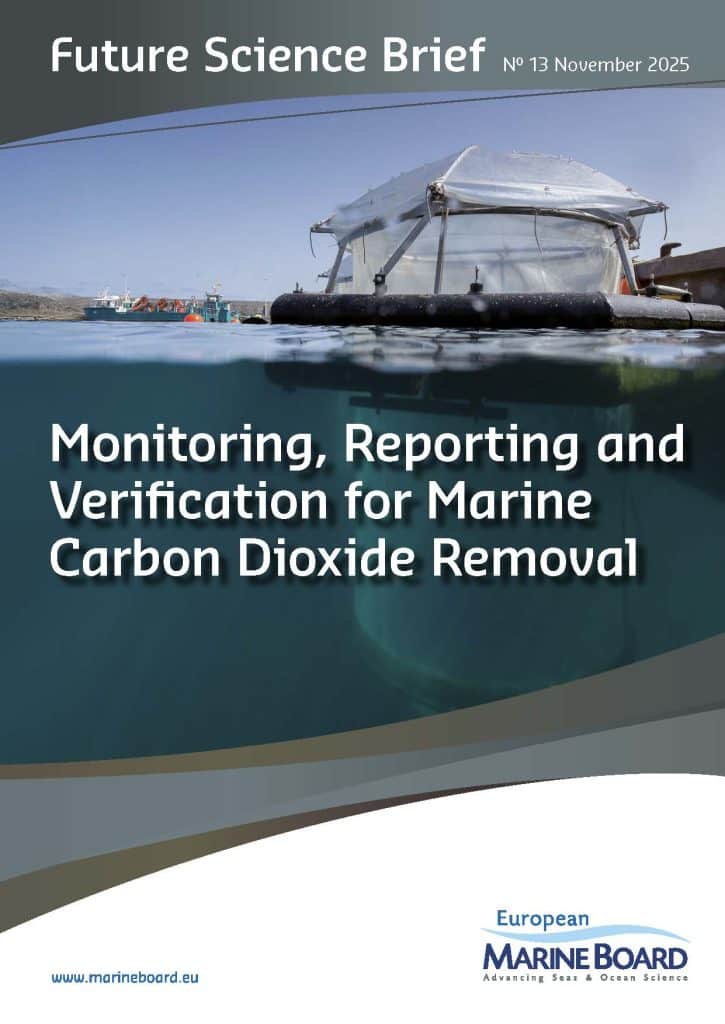As climate change intensifies, the European Marine Board (EMB) published this month Future Science Brief n°13 to assess marine CO₂ capture activities (marine Carbon Dioxide Removal, or mCDR). Co-chaired by Olivier Sulpis, a research fellow at CEREGE, the report warns that no technique is currently ready for large-scale deployment. It stresses the need for robust monitoring, reporting and verification (MRV) protocols to measure CO₂ capture, storage duration and environmental impacts, before any action is taken on this complex medium that already absorbs a quarter of global CO₂ emissions.
Methods inspired by nature, but still experimental
Marine CO₂ capture activities studied to remove dissolved CO₂ from seawater include ocean alkalinisation, nutrient or algal fertilisation, and conversion of dissolved CO₂ to biomass. All are based on natural processes, but at very different scales to those on which they have historically operated. Their effectiveness, sustainability and effects on ecosystems remain uncertain.
Science and regulation: setting standards for ocean CO₂
The role of science is to provide an objective framework. «Our job is not to decide whether mCDR should be deployed, but to determine what evidence and what safeguards are needed to make any decision responsible.», explains Olivier Sulpis in the’interview published in CNRS Le Journal. Priority recommendations include the introduction of harmonised MRV standards, the funding of studies on long-term effectiveness and environmental impacts, and the continuation of observation networks for monitoring changes in ocean carbon.

DOI | ©Michael Sswat, GEOMAR
From the laboratory to the oceans: measuring and modelling the carbonate cycle
This work draws on the expertise developed within the exoCean laboratory at CEREGE, which studies the ocean carbonate cycle from the surface to the deep ocean. The DEEP-C ERC project, led by Olivier Sulpis, focuses on the dissolution of calcium carbonate (CaCO₃) in deep waters, a natural process that acts as a CO₂ sink on millennia time scales. Using high-pressure reactors, advanced sensors and global biogeochemical models, DEEP-C is providing a better understanding of the natural mechanisms and microbial interactions that control carbon sequestration. This knowledge is directly useful for defining MRV protocols and assessing the feasibility of mCDR techniques.
In short, capturing oceanic CO₂ is a promising but uncertain field. It can only complement the fight against climate change if it is based on rigorous research, transparent protocols and continuous observation, which are essential conditions for protecting the oceans while informing political and societal decisions.

